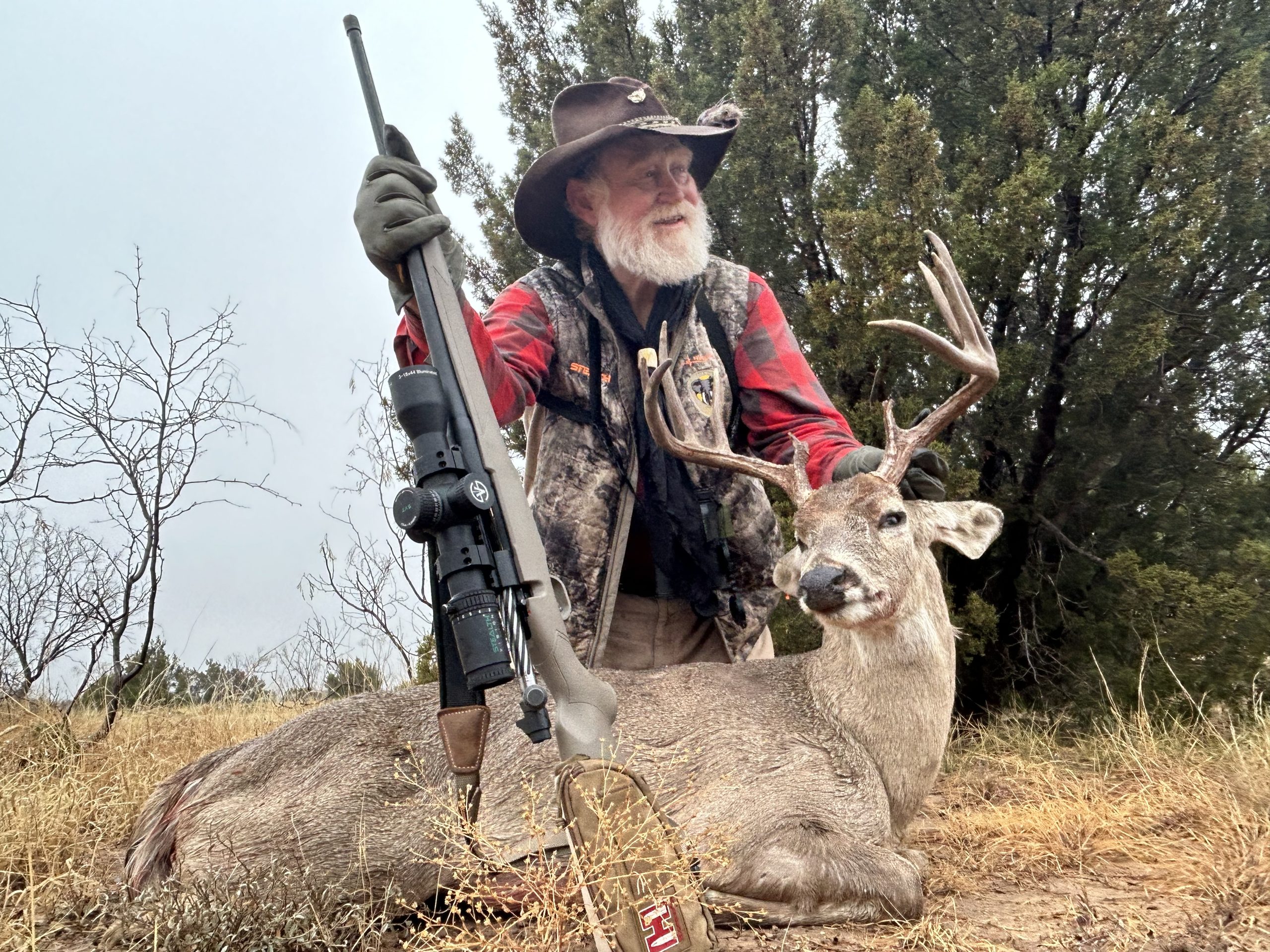By Ben Carter
This article was featured in the September Edition of Camp Talk, our monthly newsletter for our members. In light of a recent petition submitted to the U.S. Fish and Wildlife Service to reconsider the listing status of the African leopard, DSC firmly reasserts its stance on well-regulated hunting’s critical and integral role in wildlife conservation.
Anti-hunters readily step to the podium to spout misinformation and demonize hunters who legally take game. But, how many times have they opened up their wallets to truly make a difference where conservation actually happens? Now is the time for these groups to put up or shut up. Put up cash, put boots on the ground, get your hands dirty – anything other than the tried-and-true method of emotional manipulation of a misinformed public and bogging down the work and progress of the USFWS.
Contrary to the popular outcry from animal rights groups that well regulated hunting is one of the main causes in the decline of leopard populations, scientific evidence tells another story that includes habitat loss, human-leopard conflicts and depletion of prey base species. Removing hunters and the much needed revenues generated from the system of conservation will have little to no effect on these pressing issues.
One of the first steps to leopard recovery will be changing the mindset of local communities to see the leopard as an economically viable asset instead of a threat to their livelihoods and safety of their families. Hunting brings in needed revenues to communities and helps incorporate a healthy leopard population as a local necessity.
While anti-hunters have difficulty comprehending how the legal hunting of some animals benefits the species as a whole, there is a successful precedent for this system of conservation – the North American Model of Wildlife Conservation.
A century ago, many of the big game animals routinely hunted now would have been considered ‘endangered’ then. Through rigorous management, scientific policymaking and revenues generated by hunters, these animals have rebounded and flourish across the continent.
This success is always ignored by those who only want to ban hunting completely.
As was the case more than 100 years ago, the cost of conservation falls on the shoulders of outdoorsmen. According to Jim Tolson, chairman of the newly formed DSC Foundation, DSC and the DSC Foundation have directly provided more than $5 million in funds over the last five years for conservation efforts globally. One of the latest grants from the DSC Foundation has gone to Zambeze Delta Anti-Poaching group in Mozambique.
The dedicated group of rangers and scouts have spent the last 20 years combating the most critical threat to the area’s wildlife – rampant poaching. Over the course of their service, animal populations have rebounded by staggering numbers. Achieving such success in the midst of legal hunting may come as a surprise to some. In fact, it is due solely to hunting and hunting groups. One hundred percent of Zambeze Delta Anti-Poaching’s operation budget is derived from hunting or generous donations from groups such as DSC and DSC Foundation.
DSC will continue to advocate for sustainable use over senseless, emotionally driven rhetoric. DSC has the pride of knowing our efforts are paying dividends for the future of wildlife.
For just the facts—member news, hunting reports, the latest legislation that affects you—turn to Camp Talk. This monthly bulletin is distributed to all U.S. members and advertisers. For an online version of the latest edition, visit the online page here.



